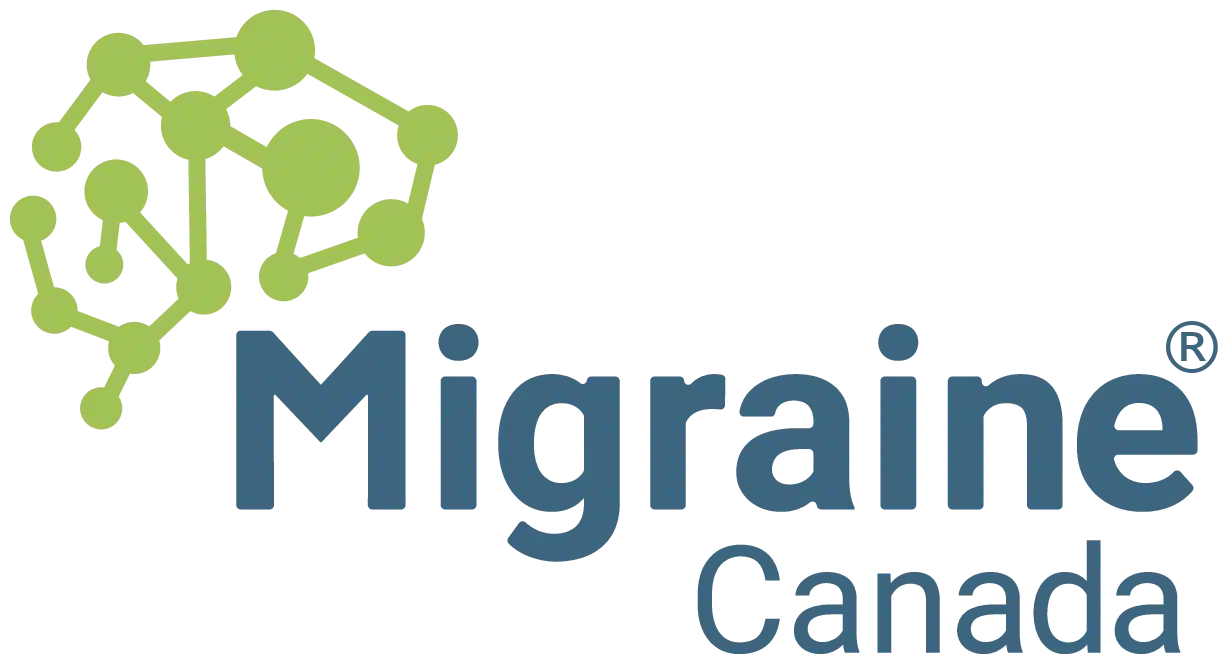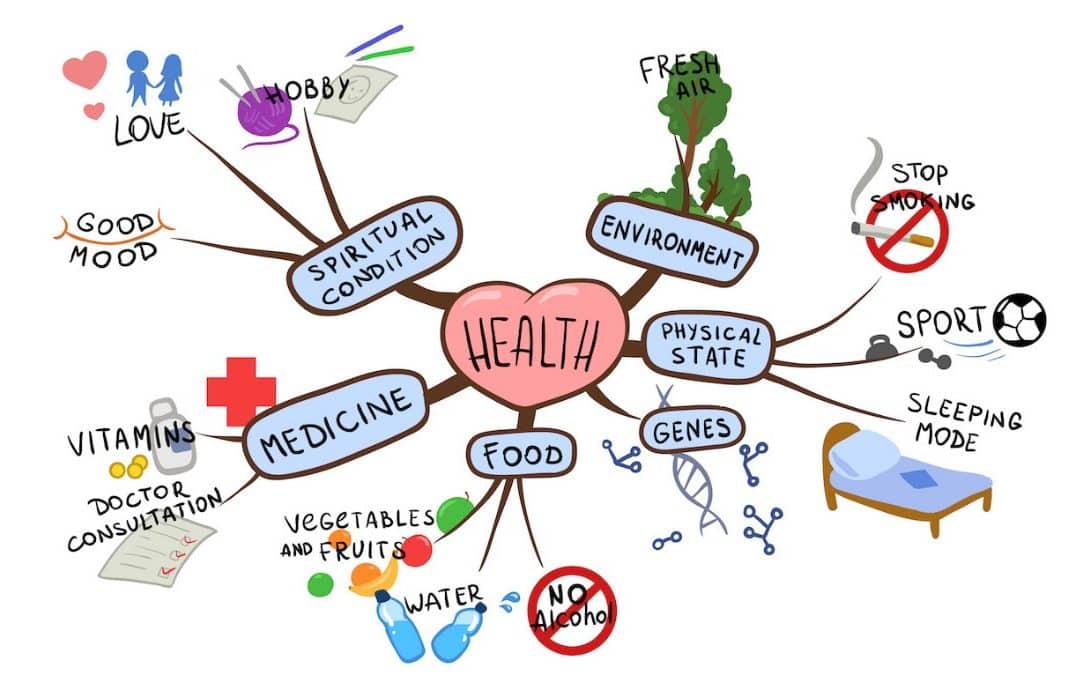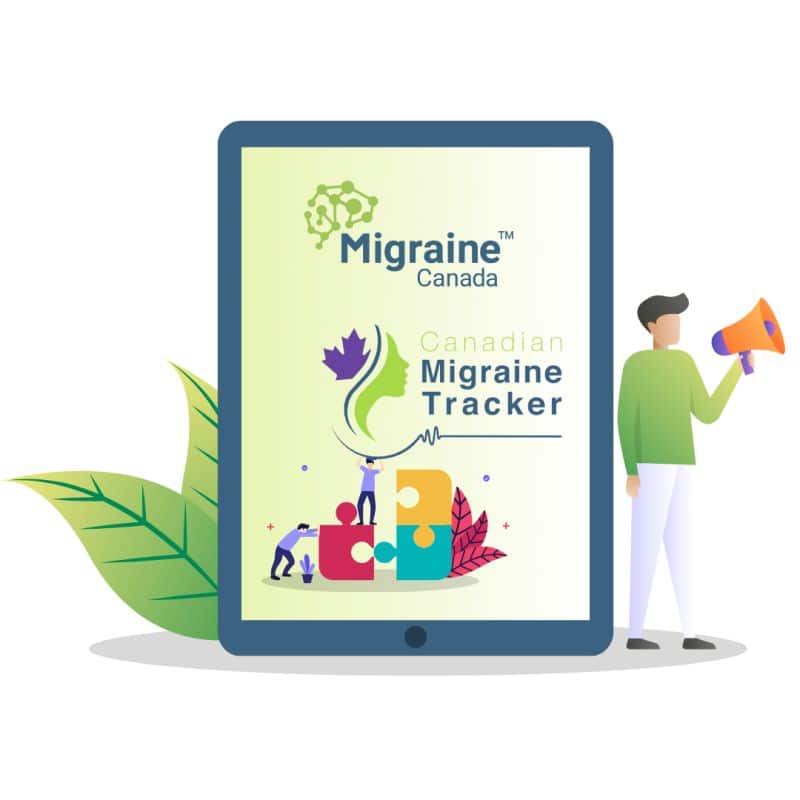Understanding and adhering to self-care routines for managing migraine can be challenging despite their proven effectiveness. While many prioritize avoiding medications, behavioural strategies offer viable alternatives for effective migraine management. Explore a range of options including diet, relaxation techniques, cognitive behavioural therapy (CBT), biofeedback, and trigger management. Learn how overcoming common barriers like time constraints, fluctuating motivation, and the impact of migraine attacks can enhance adherence to these beneficial practices.
Exploring Effective Options
- Diet: While diets attract many, evidence for a specific migraine diet remains limited. Regular, sensible eating is recommended over chasing fads.
- Relaxation, Cognitive Behavioural Therapy (CBT), Biofeedback, and Trigger Management: Supported by robust scientific backing, these approaches are highly effective. For detailed guidance on these topics, see this post.
- Mindfulness-Based Stress Reduction: Currently under study for its potential benefits in migraine, mindfulness has shown promise in managing anxiety and chronic pain.
Why Do People Struggle to Stick to These Approaches?
Despite their effectiveness, maintaining these healthy practices can be challenging due to:
- Time Constraints: Busy schedules make it difficult to carve out dedicated time.
- Variable Motivation: Levels of motivation can fluctuate, affecting consistency.
- Impact of Migraine Attacks: Episodes disrupt routines and recovery periods may interfere with self-care efforts, leading to discouragement and negative self-talk.
Understanding the Barriers
Based on research by Matsuzawa and colleagues, several barriers to adhering to migraine management strategies include:
Improving Self-Efficacy for Success
Enhancing self-efficacy—the belief in one’s ability to achieve goals—is crucial for overcoming these barriers. It transforms intentions into actions, fostering motivation and sustainability in self-care routines.
Effective Strategies to Enhance Self-Efficacy
- Recognize Normal Reactions: Acknowledge that negative thoughts are common when facing challenges.
- Challenge Unhelpful Thoughts: Replace them with supportive beliefs that align with your goals.
- Realistic and Enjoyable Approaches: Choose strategies you find enjoyable and start with manageable tasks to build confidence.
- Increase Knowledge: Educate yourself about techniques to bolster motivation and understanding.
- Adapt Expectations: Accept your situation and celebrate small successes to build confidence gradually.
- Use SMART Goals: Set Specific, Measurable, Achievable, Relevant, and Time-bound goals to maintain focus and track progress.
- Consider Acceptance Commitment Therapy (ACT): This therapeutic approach helps reset expectations and enhance overall well-being.
Behavioural approaches are effective tools for managing migraine and improving quality of life. By enhancing skills and self-efficacy, adherence to these strategies becomes more achievable. If you encounter challenges in maintaining these routines, seek support from healthcare providers and explore local resources.
Additional Resources
If you need help, talk to your healthcare provider and visit these resources:
References
- Matsuzawa, Barriers to Behavioral Treatment Adherence for Headache: An Examination of Attitudes, Beliefs, and Psychiatric Factors, Headache, Jan 2019, 59(1), 19-31
Post #726



